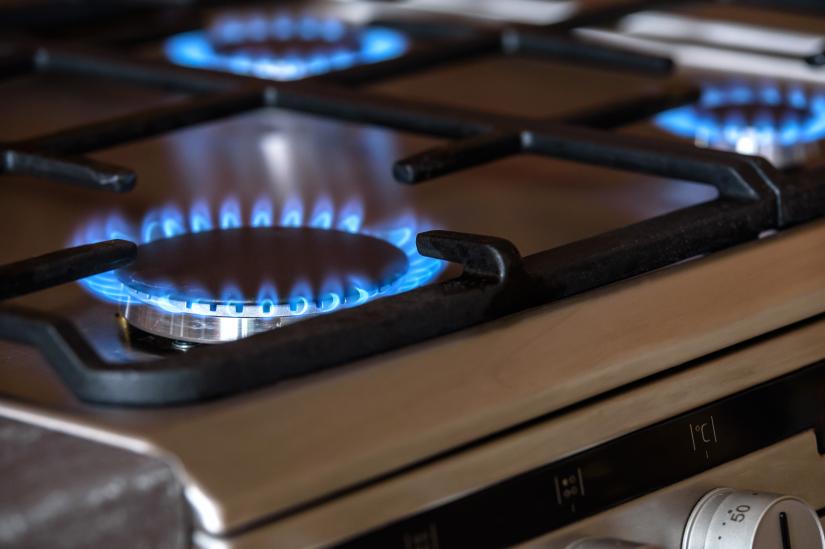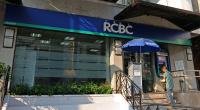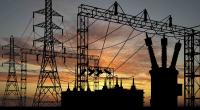 Large industries contributing substantial tax income and employment in the economy would be hit hard if the move to more than double the price of gas is implemented.
Large industries contributing substantial tax income and employment in the economy would be hit hard if the move to more than double the price of gas is implemented.
Industrialists, chamber leaders, and economists expressed identical views on this particular issue, urging policy makers to roll back the plan for business and the economy.
They said export -oriented apparel, textile, and leather sectors will bear the brunt of the price hike, followed by small business and household consumers.
The pipeline of investment proposals from local and foreign sources would think twice before investing now, since the cost of doing business would be higher if the planned gas price hike takes place.
At a public hearing on Tuesday organized by Bangladesh Energy Regulatory Commission (BERC), the business community opposed the Titas Gas Transmission and Distribution Company proposal.
Titas has proposed increasing the price of gas used in captive power and industrial units by 96%, to 132%.
A captive power plant is a facility dedicated to provide energy for a single user. It uses gas to generate power for using in a factory to ensure uninterrupted quality electricity supply.
“The proposal of gas distributors to hike prices is very unclear. There is no clear logic in the presentation seeking to increase the price of gas,” says business leader Shafiul Islam Mohiuddin.
The abnormal rise in gas pricing would dent the confidence of investors, which is not good to achieve the Sustainable Development Goals (SDGs) and It is also not aligned with the government vision of 2021 and 2041, according to Mohiuddin who heads Bangladesh top trade body.
“There is no alternative to investment to achieve growth and generate enough employment,” he said further.
“Instead of becoming complacent, the government should consider the people’s voice raised at the hearing,” the FBCCI chief said.
Exporters to lose competitive edge
Exporters, especially clothing manufacturers, said it would lead the sector into a tougher competition in the global market due to a rise in production costs due to this abrupt gas price hike.
“The country's apparel sector is already under pressure due to a recent rise in wages. The new proposal to increase the price of gas for the industrial and captive power clients will put the sector into a deep crisis,” former BGMEA President Abdus Salam Murshedy said.
Production costs have gone up manifold to ensure safety improvements in the garment sector, Salam added, while “export prices for apparel goods have decreased.”
“I think, to reach the target of $50 billion in exports from the garment sector, the government should not raise the price of gas.”
“The textile sector is highly dependent on captive power and the distributors have proposed an abnormal increase. If the government increases the price of gas based on demand alone, the sector would fall into deep crisis,” said Bangladesh Textile Mills Association President, Mohammad Ali Khokon.
He said Indian textile mills enjoy an advantage as they have their own cotton, while Bangladeshi millers compete in local and global markets, importing raw materials from neighboring countries.
“The local textile sector will be left in a dire situation if a gas price hike is implemented,” Khokon added.
The textile sector employs over 3 million people and investments of about $7 billion.
“So considering the investment and impact on society, the government should backtrack,” he added.
Besides, the leather sector, the second largest export earner after the apparel industry, will also face competition as the price of raw materials will go up.
“Though there is no direct use of gas in finished leather goods, the gas price hike will hit the sector as gas is used in tanneries, which supply raw materials for the sector,” Md Saiful Islam, Managing Director of Picard Bangladesh Limited, a leather goods exporter, said.
In reaction to the proposal, business people also called for a long-term policy on gas and electricity so that people can make informed business decisions.
In a recent development, gas distribution companies have proposed increasing the price of gas from Tk7.76 per cubic feet to Tk15.70 per cubic feet or 93% for industry, while it proposed raising it by 63% to Tk15.70 per cubic feet from Tk9.62 per cubic feet, for captive power.
The authority also proposed to increase the price of gas by 17% to Tk20 per cubic feet from Tk17.04 per cubic feet, for commercial use.
The government wants to raise the price of gas to reduce the burden of subsidies as it currently has to buy per cubic meter of LNG at Tk32 and sells it at Tk7.17.
According to Petro Bangla data, in the last fiscal year, Bangladesh produced 966684.63 mmcm gas.
Of the total production, 40.60% was used in the power sector, the highest, while 16.96% was used in industry, followed by captive power 16.35%, domestic 16.06%, fertilizer 4.38%, Compressed Natural Gas (CNG) 4.70%, commercial 0.83%, and tea estates, 0.10%.






